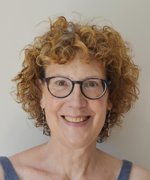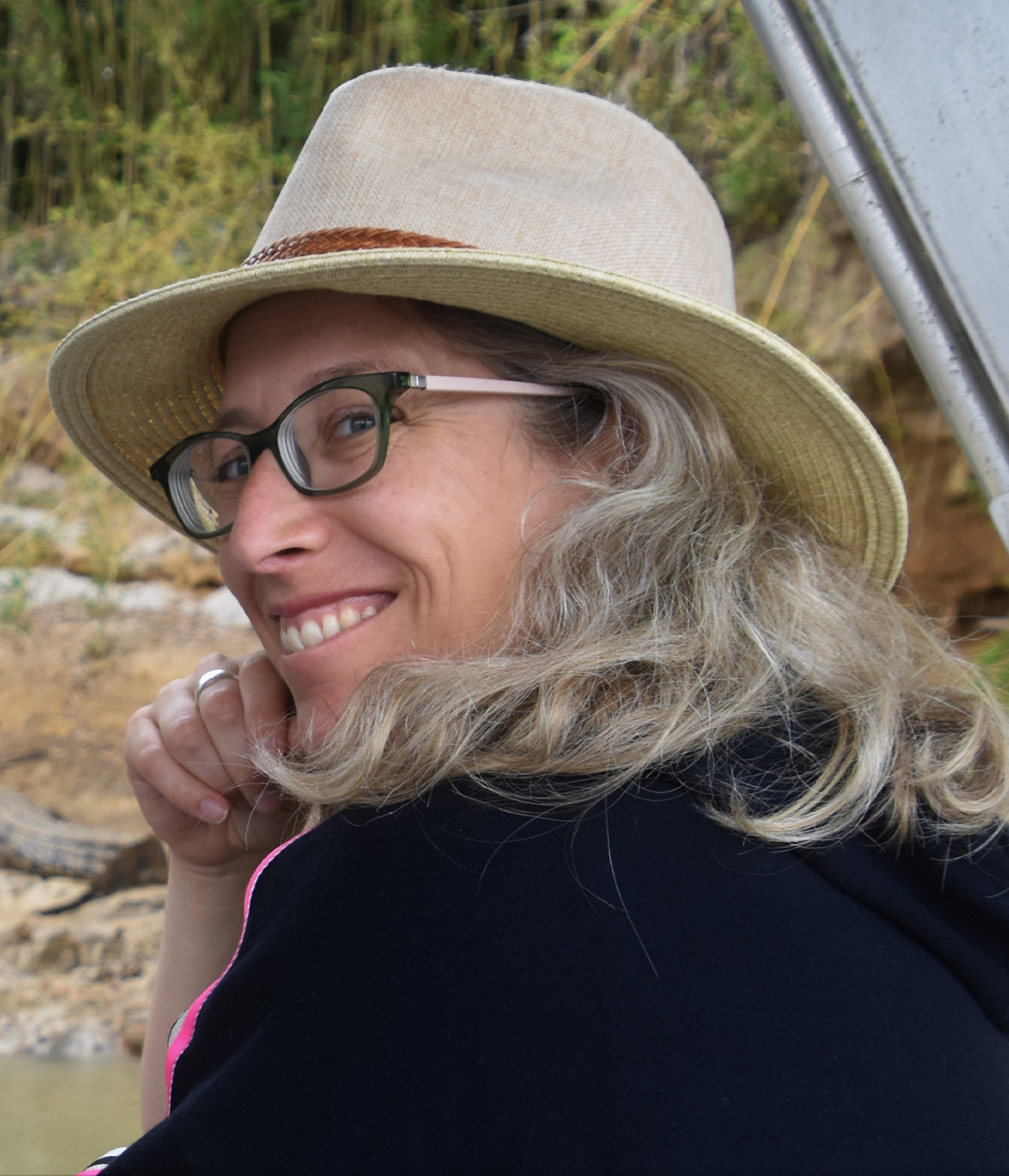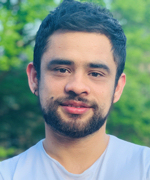- About
- Convenors
- Programme 2020-21
About
Citizenship is currently an arena for vibrant and contentious debate across disciplines and domains. Theoretically, much work has been done over recent years to recalibrate our understanding of how citizenship is enacted, performed, regulated, lived and endowed with power and affect, beyond what is written in statute. Ongoing debates examine the nature of power and domination that reflects the legislative and policing power of the state and multilevel institutions, yet also reveals the working of agency and resistance among diverse groups. Important initial work on postcolonial citizenship highlights how colonial categories, hierarchies and exclusions mutate into today’s substantive and formal citizenship, articulating with dilemmas emerging with greater mobility, infrastructures of regulation, and dynamic identities. In postcolonial citizenship, historic and contemporary, the figures of the decolonial (who seeks to overturn coloniality’s exclusions) and of the subaltern (a dominated social position whose voice is foreclosed) mark out a vast area for further substantive work and theorising to parse the dynamics of power, exclusion, being and structure that infuse citizenship in practice for millions across the globe.
The Subaltern and Decolonial Citizenships research network aims to provide a forum for scholars from different disciplines, research areas, and theoretical frameworks to examine these dynamics. The goal is to provide a constructive space for presenting preliminary research findings and gain feedback from scholars from various disciplines, and to discuss emergent research themes. The CRASSH exchanges range widely across disciplines including, but not limited to, English, South Asia Studies, African Studies, Political science, Social Anthropology, the Centre of Latin American Studies, and History.
RESEARCH SEMINARS will be held online for the foreseeable future, and will follow a number of formats. Seven international and UK speakers will be invited to present current research in seminars of up to 40 people to encourage conversation and dialogue. Interspersed with outside seminars will be presentations by Cambridge-based early career and younger scholars (through Michaelmas and Lent Terms). In Easter term, there will be workshops with graduate students.
To join the mailing list or enquiries, please email: subalterndecolonial@crassh.cam.ac.uk
Administrative assistance: networks@crassh.cam.ac.uk
Convenors
Convenors
Sarah A. Radcliffe (Professor of Latin American Geography, Department of Geography)
Sian Lazar (Reader in Social Anthropology, Department of Social Anthropology)
Co-convenors
Emiliano Cabrera Rocha (PhD Student, Department of Geography)
Joseph Martinez-Salinas (PhD Student, Department of Geography)
 Professor Sarah A Radcliffe FBA. Sarah’s research engages with social and territorial inequalities in Latin America and is working across four main areas: 1) Equality in diversity: policy, practice and people in Ecuador’s Buen Vivir. This research explores the institutional, conceptual and socio-political dynamics associated with implementing a rights-based form of citizenship and development. 2) Intersectional dynamics of power, development and new forms of knowledge production. 3) Decolonial Geographies and 4) Geographies of Indigenous Citizenship.
Professor Sarah A Radcliffe FBA. Sarah’s research engages with social and territorial inequalities in Latin America and is working across four main areas: 1) Equality in diversity: policy, practice and people in Ecuador’s Buen Vivir. This research explores the institutional, conceptual and socio-political dynamics associated with implementing a rights-based form of citizenship and development. 2) Intersectional dynamics of power, development and new forms of knowledge production. 3) Decolonial Geographies and 4) Geographies of Indigenous Citizenship.
 Dr Sian Lazar is an anthropologist who researches collective and radical politics in Latin America. Most recently her work has focussed on labour movement activism in Argentina. She is also interested in social movements and citizenship action more broadly, especially in moments of social upheaval. Her previous work was in El Alto, one of the most important centres of political radicalism in Bolivia in the early 2000s. She takes an ethnographic approach to show how labour politics, collective mobilisation, and citizenship are embedded in daily life and personal experience.
Dr Sian Lazar is an anthropologist who researches collective and radical politics in Latin America. Most recently her work has focussed on labour movement activism in Argentina. She is also interested in social movements and citizenship action more broadly, especially in moments of social upheaval. Her previous work was in El Alto, one of the most important centres of political radicalism in Bolivia in the early 2000s. She takes an ethnographic approach to show how labour politics, collective mobilisation, and citizenship are embedded in daily life and personal experience.

Emiliano’s doctoral research is concerned with understanding the dynamics between scientific knowledge and entrepreneurial networks, and the role that such dynamics play in shaping visions of development in the Amazon. More specifically, he examines how genetic and genomic sciences are enabling the emergence of new discourses and practices of development in relation to the enormous biological diversity concentrated in the Amazon Basin. Emiliano’s research interests include Indigenous Knowledge, Intellectual Property of Genetic Material, and Histories of Development.
 Joseph’s PhD research examines the existing forms of labour related to the cultivation of palm oil in Colombia, and in particular of workers’ and peasants’ experiences of price movements, debt, new modalities of investment, as well as forms of environmental and financial risk management.
Joseph’s PhD research examines the existing forms of labour related to the cultivation of palm oil in Colombia, and in particular of workers’ and peasants’ experiences of price movements, debt, new modalities of investment, as well as forms of environmental and financial risk management.
Broadly put, I am interested in the territorialisation of finance, risk and uncertainty. My research interests include political economy, critical agrarian studies, environmental and economic history, decolonial studies, social theory and political philosophy.”
Faculty Advisors
Barbara Bodenhorn (Anthropologist, Emeritus Fellow, Pembroke College)
Alex Jeffrey (Reader, Department of Geography)
Programme 2020-21
All online events are scheduled at UK time. Please check time for individual events.
Easter Term 2021 tba
| Subaltern and Decolonial Citizenships |
|---|
|
Bordering Lifemaking from Life: Social Production and Citizenship 6 May 2021 5:00pm - 7:00pm, ONLINE SESSION (UK Time) Tithi Bhattacharya (Purdue University) |
|
Showcase Citizenship: The Sovereign, State, and Territory Along the Margin of South Asia 20 May 2021 5:00pm - 7:00pm, ONLINE SESSION (UK Time) Md Azmeary Ferdoush (Oulu, Finland) |
|
Body Politics: Legal Abortion as Battle Ground Over Women’s Rights in Latin America 3 Jun 2021 5:00pm - 7:00pm, ONLINE SESSION (UK Time) Jelke Boesten (KCL) |
Lent Term 2021
| Subaltern and Decolonial Citizenships |
|---|
|
The (in)Mobility of Borders and Notions of Citizenship for Yucatecan Migrant Families 28 Jan 2021 5:00pm - 7:00pm, ONLINE SESSION (UK Time) Laura Loyola Hernandez (Leeds) |
|
The Option of Non-Violence 11 Feb 2021 5:00pm - 7:00pm, ONLINE SESSION (UK Time) Humeira Iqtidar (KCL) |
|
From Place to Movement: Decolonial Kinship and Freedom through Indigenous Mobilities 25 Feb 2021 5:00pm - 6:45pm, ONLINE SESSION (17:00 UK time). Michelle Daigle (Toronto) |
|
Lethal Necessities: Precarity, Citizenship, and the Paradigm of Racial Violence 11 Mar 2021 5:00pm - 7:00pm, ONLINE SESSION (UK Time) Franco Barchiesi (Ohio) |
Michaelmas Term 2020
| Subaltern and Decolonial Citizenships |
|---|
|
Decolonising Citizenship 15 Oct 2020 5:00pm - 7:00pm, ONLINE SESSION (UK Time) Engin Isin (ULIP) |
|
The State of Nature and the Nature of the State: Indigeneity and Citizenship in Modernity 29 Oct 2020 3:00pm - 5:00pm, ONLINE SESSION (UK Time). Please note the changed time. Andrew Canessa (Essex) |
|
The Contradictions of Motherhood: Migrant Agency, Gendered Recognition, and Reproduction in Chile 12 Nov 2020 5:00pm - 7:00pm, ONLINE SESSION (UK Time) Sofia Ugarte (Cambridge) |
|
The New Global Apartheid 26 Nov 2020 5:00pm - 7:00pm, ONLINE SESSION (UK Time) Robbie Shilliam (USA) |

